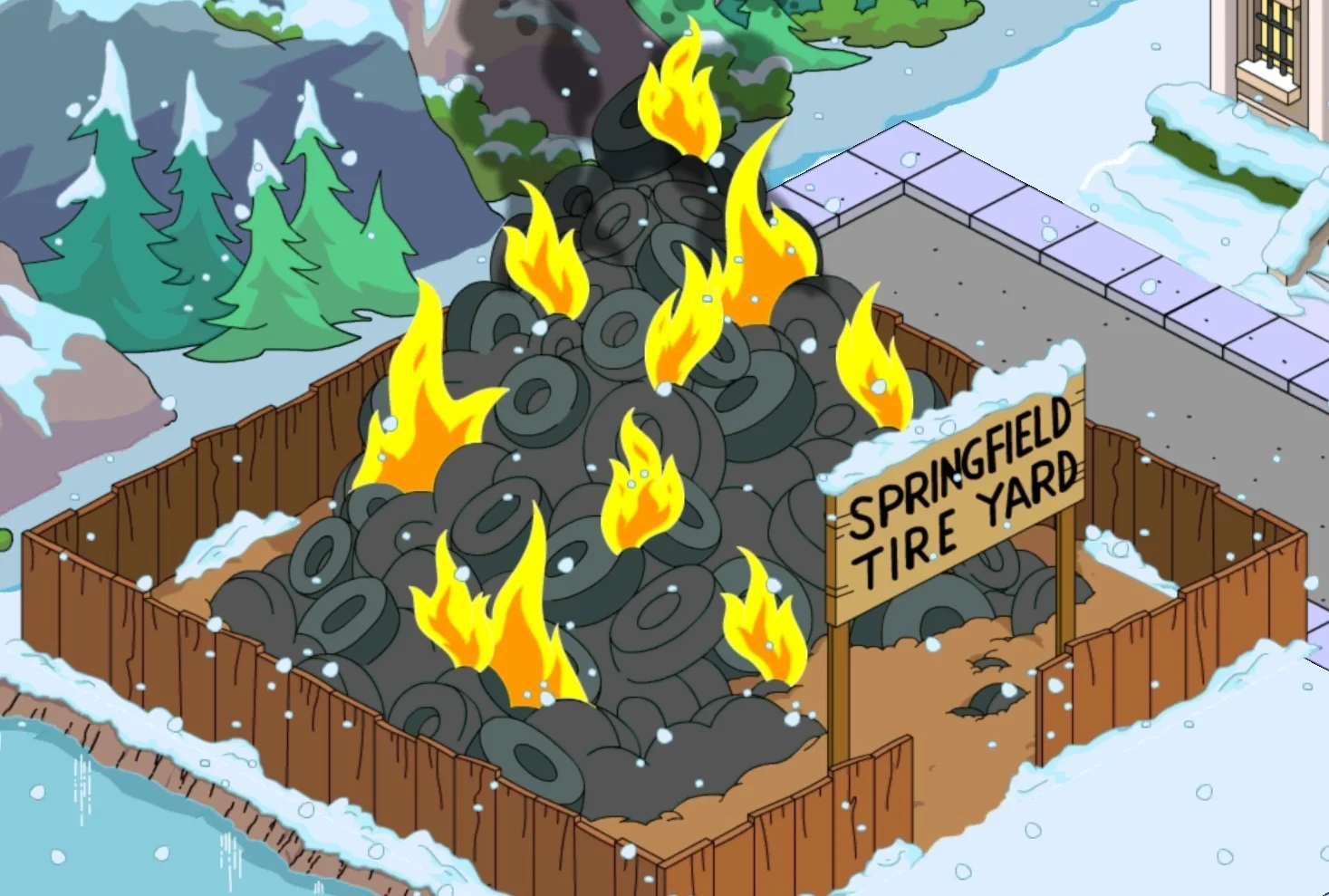Everett Farmers Market Community Voices - Vol 4
In the 1980s, the Indochinese Farm Project began in Woodinville, Washington, responding to an influx of refugees from Laos and Thailand.
The IFP equipped Hmong immigrants with the tools and skills necessary to succeed in Washington State agriculture, effectively carving out a new niche market along the way. Often, the colorful, lush bouquets one can find illuminating Pacific Northwestern Farmers Markets are painstakingly plucked, arranged, and wrapped by Hmong immigrants and their families.
The Hmong are an ethnically distinct people who migrated from China in the mid-nineteenth century to Thailand, Laos, Myanmar and Vietnam after facing wide-spread persecution. Many Laotian Hmong assisted the CIA as guerilla fighters during the Vietnam War, but were forced to flee to refugee camps in Thailand or emigrate overseas after US support receded and the communist government gained control. The 2010 census reports there are 2,404 Hmong living in Washington State, but there are thought to be more.
In this two part interview MacKenzie Kermoade of the Everett Farmers Market, was privileged to take time from the busy schedules of Mary from Teng’s Garden and Chu from Neng Garden, two of the six Hmong floral booths at the Everett Farmers Market, to chat about their work and their lives behind the blooms.
Mary from Teng’s Garden
EFM: Who are you working with this afternoon?
Mary: Right now it’s my mom, my sister, my aunt, and my two little cousins.
EFM: How long have you been working here?
Mary: I started working officially seven years ago. My mom started this business around 1998, and I was born 1997.
EFM: Why did your mom start the business?
Mary: She felt that she needed to find a way of living, but still be able to look after her kids, so she decided to do the flower business. A lot of other Hmong refugees started in the flower business as well, and so she felt maybe it was an easier job. As the years have gone by, we’ve realized that it’s more difficult than we thought, but it’s a pretty good way of living too.
EFM: What’s difficult about it?
Mary: We can stay at the farm until ten PM, or even longer than that– the shift can last all day. It’s a lot of physical labor, but it’s also logistically difficult, and a lot of planning and coordination have to go into it. You have to locate water sources, ensure that you plant the flowers at the right time so that they bloom at the right time. The other day, it was so hot that most of our flowers died on the field. And the heat makes it even more difficult to pick flowers, of course. Then, when we get home, we have to stack the flowers into the car so we can get an early start the next day. Sometimes, after working all day Saturday, I only get five hours of sleep. It’s intense.
EFM: How early do you get up on Sundays?
Mary: I try to get up at five. But this morning I got up around 5:40, and that’s considered late for me!
EFM: Have you ever been able to sleep in on Sundays?
Mary: Only when it’s not market season!
EFM: What would you be doing if you weren’t here?
Mary: I’d either catch up on my homework or chill. And I’d catch up on whatever errands I want to finish. Juggling this job and school can be rough.
EFM: Do you go to a school that’s around here?
Mary: I go to UW Bothell!
EFM: Did you say you have more than one farm?
Mary: Yes, we have about three. One is in Woodinville, but we don’t have many flowers anymore– mainly spring flowers like lupines and daisies. My Dad keeps chickens out there, too. And our other two fields are in Snohomish.
EFM: What is your favorite flower, Mary?
Mary: Good question– each flower has it’s own flaw when it comes to working with them. I think my favorite might be Sweet William, because it comes in many colors, has a subtle but pleasant smell, and lasts a long time. And it’s easy to pick!
Part 2: Hmong Growers
This interview was done with Chu from Neng Garden.
EFM: How long have you been working here?
Chu: My whole life, basically– almost 26 years!
EFM: And how long have your parents been working at it?
Chu: They began the business in 1982.
EFM: Can you tell me a little bit about the booth?
Chu: We started off really small, just producing vegetables. But the flower business picked up about fifteen years ago, and as the market expanded, we shifted into flower production as well. We have two stall booths here, every Sunday. Usually, my sister and I work the flowers, and my Dad and my sister’s boyfriend work the vegetables.
EFM: Where’s your farm located?
Chu: Snohomish, not too far from here.
EFM: What kind of flowers do you grow?
Chu: Our flowers really depend on the season. During the spring, we usually have tulips and daffodils. Dahlias and lilies come in right as summer starts. We have to grow filler greens, which we add to the flower bouquets to make them look plumper. And we also dry flowers so we can sell bouquets during the winter when nothing is growing.
EFM: What do you think is the secret to making these beautiful bouquets?
Chu: To be honest, I more or less just copied my sister’s style! She’s been at it for a while. I think just over time, you develop your own technique.
EFM: Why did your parents start with growing vegetables?
Chu: When my parents immigrated here, they didn’t really speak English, and they didn’t have any other kind of skills other than farming. The environment and the produce is much different in Laos and Thailand– so here, in Washington, they just had to start with the vegetables that grow well here.
EFM: What challenges do you face as producers?
Chu: The environment is always a factor– it’s been getting hotter and hotter each year. Another factor is competition. The last couple of years, more and more flower vendors have appeared, and there aren’t that many markets to go around. We’ll always have a spot here; we came here the very first day. Other than climate and competition, we’ve been lucky. Business has been pretty steady and strong.
EFM: Do you envision yourself staying on at this booth, or do you have plans to move on?
Chu: That’s a hard question. I’ve been doing it for so long with my parents. I know eventually they’ll have to stop. They approached me with the idea of me continuing the business, but I’m not too sure.
EFM: What do you enjoy doing in your free time?
Chu: I actually don’t have much of it! My sister and I are usually always doing something. My sister wants to be a pharmacist, so she’s always studying. Most of my free time, I visit the farm, or make what they call “straw flowers” at home. The more relaxing side of our work.
EFM: What do you wish that market patrons knew about your work and your booth?
Chu: As nice as it is to see these bouquets, a lot of people don’t realize how much work we put into them. My parents woke up at 4:30 just so they could go pick corn, and we woke up around six to set up the booth. It’s harder than people realize.
You can check out the Everett Farmers Market every Sunday from 11am-4pm at Boxcar Park (615 13th Street). The market runs until October 16th.














